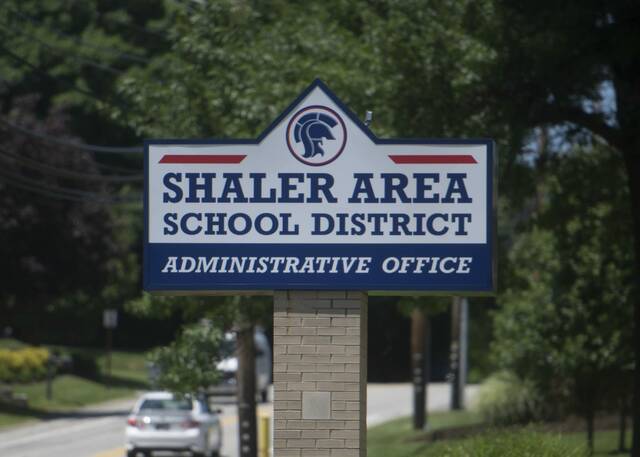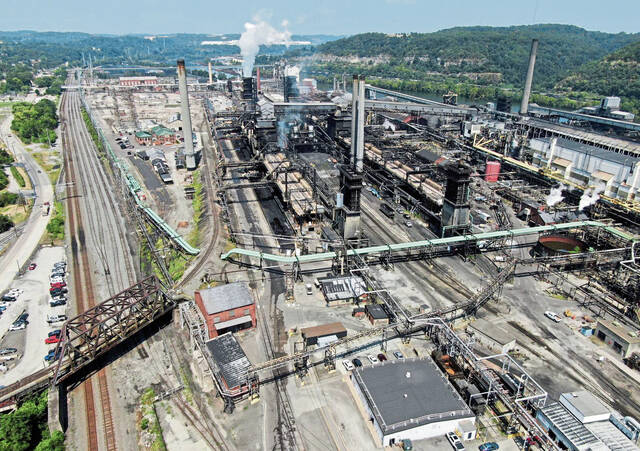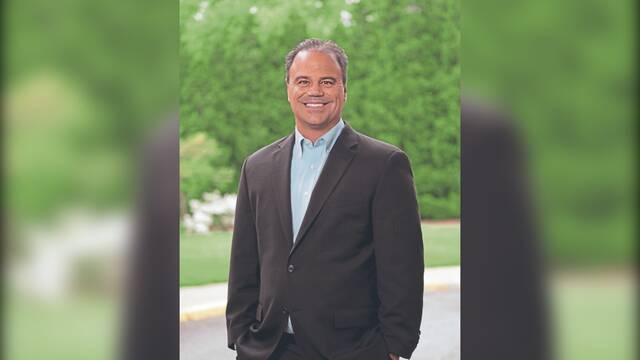The highest possible property tax increase will allow the Shaler Area School District to balance its budget without cutting any student programs, supports or extracurricular activities while preserving the district’s fund balance, according to a presentation to the school board.
The preliminary $102.6 million budget for the 2025-26 school year includes a 4.9% property tax increase, the maximum allowed by the district’s state-imposed inflation limit.
If approved, it would increase the district’s property tax rate by 1.29 mills, from 26.3391 mills to 27.6297 mills. For a home at the district’s $130,000 median assessed value, it would increase the annual property tax bill by $168, from $3,424 to $3,592.
Superintendent Bryan O’Black said the administration and school board view the proposed budget “as an appropriate and conservative plan for moving us forward and in the best interests of our students, employees and taxpayers alike.”
“Our proposed budget for 2025-26 reflects a balanced approach to responsible taxpayer stewardship together with advancing our community mission to ensure progressive, quality education for all students,” O’Black said.
The primary drivers for the proposed tax increase include a $3.4 million increase in the district’s debt service, the loss of $1.4 million of federal covid-related funding, and future construction and debt for Shaler Area Middle School, according to the presentation.
The district’s debt, representing nearly 9% of the budget, is increasing by 3.5% to $9.2 million. That’s happening because the board in July 2023 approved restructuring the debt to ease the budget burden in the 2023-24 and 2024-25 fiscal years.
The district has absorbed all costs of the added services that the federal covid-related funding provided, which increased from $1.4 million in expenses for the 2023-24 school year to $1.5 million for 2024-25, the presentation says.
A property tax increase would follow near-maximum increases the previous two school years.
After not increasing property taxes for three school years, from 2020-21 through 2022-23, the rate was increased by 4.76% for the 2023-24 school year, when the district’s limit was 5%, and by 6.19% for the 2024-25 school year, when the limit was 6.6%.
The district is continuing to review the budget, said Jennifer Tressler, director of finance and operations. The board is scheduled to vote on the proposed final budget on May 14, and the final budget on June 18.
Salaries and benefits make up about 73% of the district’s 2025-26 budget. Salaries will increase by 1.7%, while health care increases have averaged 9.2%, according to the presentation.
The budget included $729,000 in savings from the salaries of 12 teachers who took an early retirement incentive at the end of 2023-24. Six of those positions were not filled, generating $539,000 of the savings.
The 2025-26 budget reflects another four teachers taking an early retirement incentive at the end of the current school year, the presentation says. They will not be replaced, saving $359,000 in salary alone.
Other cost-saving measures taken so far include eliminating a vacant project/facilities manager position, saving $175,000, and lease options at 0% interest rates for technology purchases, saving $352,000.
A fund balance is an indicator of a school district’s stability, the presentation states. It helps maintain credit ratings and reduces the cost of borrowing.
Shaler Area’s fund balance has fallen by nearly 20%, from $10.5 million in 2019-20 to $8.4 million in 2023-24.
The district is on pace to match its budget for the 2024-25 school year, meaning there would be no impact to the fund balance, according to the presentation.
The district instituted a budget freeze on March 7, which will help curtail unnecessary spending and reduce pressures on the 2025-26 budget, according to the presentation.
For the 2024-25 school year, the district is taking in more revenue than expected in delinquent real estate taxes and interest earnings, which will offset taking in less than budgeted in basic education and transportation subsidies.








